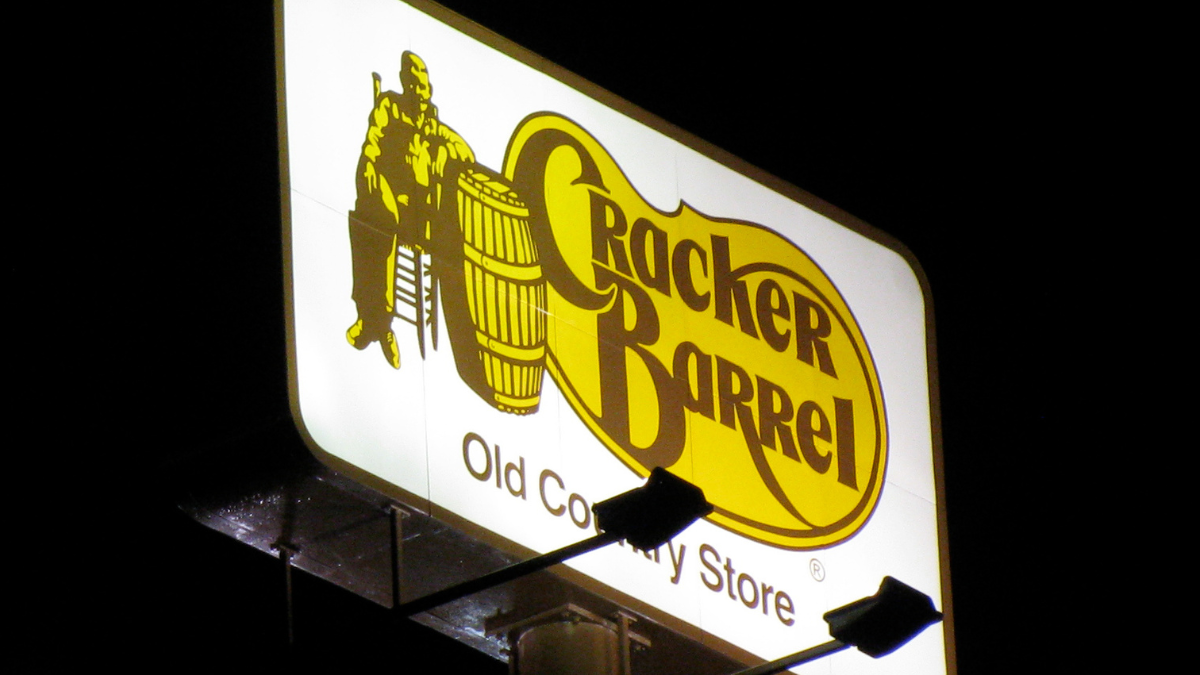Cracker Barrel is experiencing significant backlash from customers and a decline in stock value, attributed to perceived declines in food and service quality following the COVID-19 pandemic. The company’s recent rebranding efforts have also drawn criticism, with some claiming that the changes alienate its traditional customer base.
Founded in 1969, Cracker Barrel Old Country Store is known for its Southern-style comfort food and nostalgic decor. The chain has long been a popular stop for travelers, offering a unique dining experience reminiscent of a country home. However, recent reports indicate that customer satisfaction has waned, with many patrons noting a drop in food quality and service.
“The food started to taste and look reheated instead of freshly prepared,” said a former regular customer, who preferred to remain anonymous. “The service got slower and sloppier, which is disappointing for a place I used to love.”
Critics argue that instead of addressing these operational issues, Cracker Barrel’s executives have focused on a rebranding strategy that emphasizes diversity and inclusion initiatives. This shift has been compared to other companies that faced backlash for similar reasons, such as Bud Light. Some customers feel that these initiatives detract from the core values that originally attracted them to the restaurant.
Sean Davis, CEO and co-founder of The Federalist, expressed frustration over the changes, stating, “Cracker Barrel had the simplest restaurant model possible, and it was one that made people fall and stay in love with the brand for decades. Instead of fixing what was broken, they decided to strip away the charm.”
The company has reportedly lost approximately $2 billion in value since 2020, raising concerns among investors and stakeholders. Many loyal customers feel that the rebranding has compromised the restaurant’s identity, which they associate with comfort and familiarity.
In response to the criticism, Cracker Barrel has not publicly addressed specific complaints about food quality or service. Instead, the company has emphasized its commitment to community engagement and inclusivity. A spokesperson for Cracker Barrel stated, “We are dedicated to creating a welcoming environment for all of our guests and employees, and we believe our initiatives reflect that commitment.”
Despite the company’s efforts to modernize its image, the backlash continues. Many customers long for the traditional experience that Cracker Barrel once provided, which included generous portions of biscuits and cornbread and a warm, inviting atmosphere.
As the company navigates these challenges, it remains to be seen whether it can regain the loyalty of its customer base while balancing the demands of a changing market. The future of Cracker Barrel may depend on its ability to reconcile its new initiatives with the expectations of its long-time patrons.
READ ICE Arrests Convicted Criminals in Nationwide Operation



